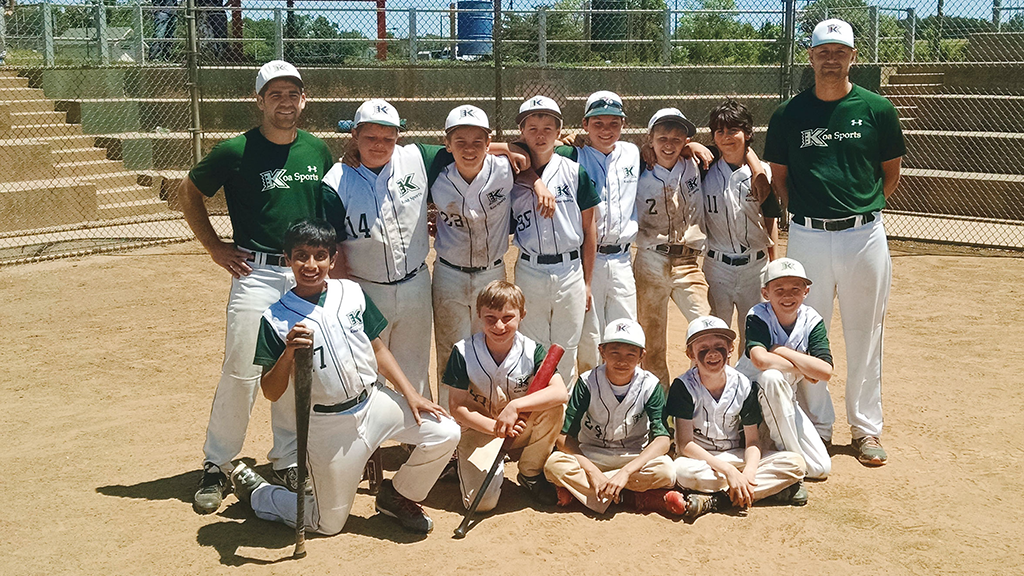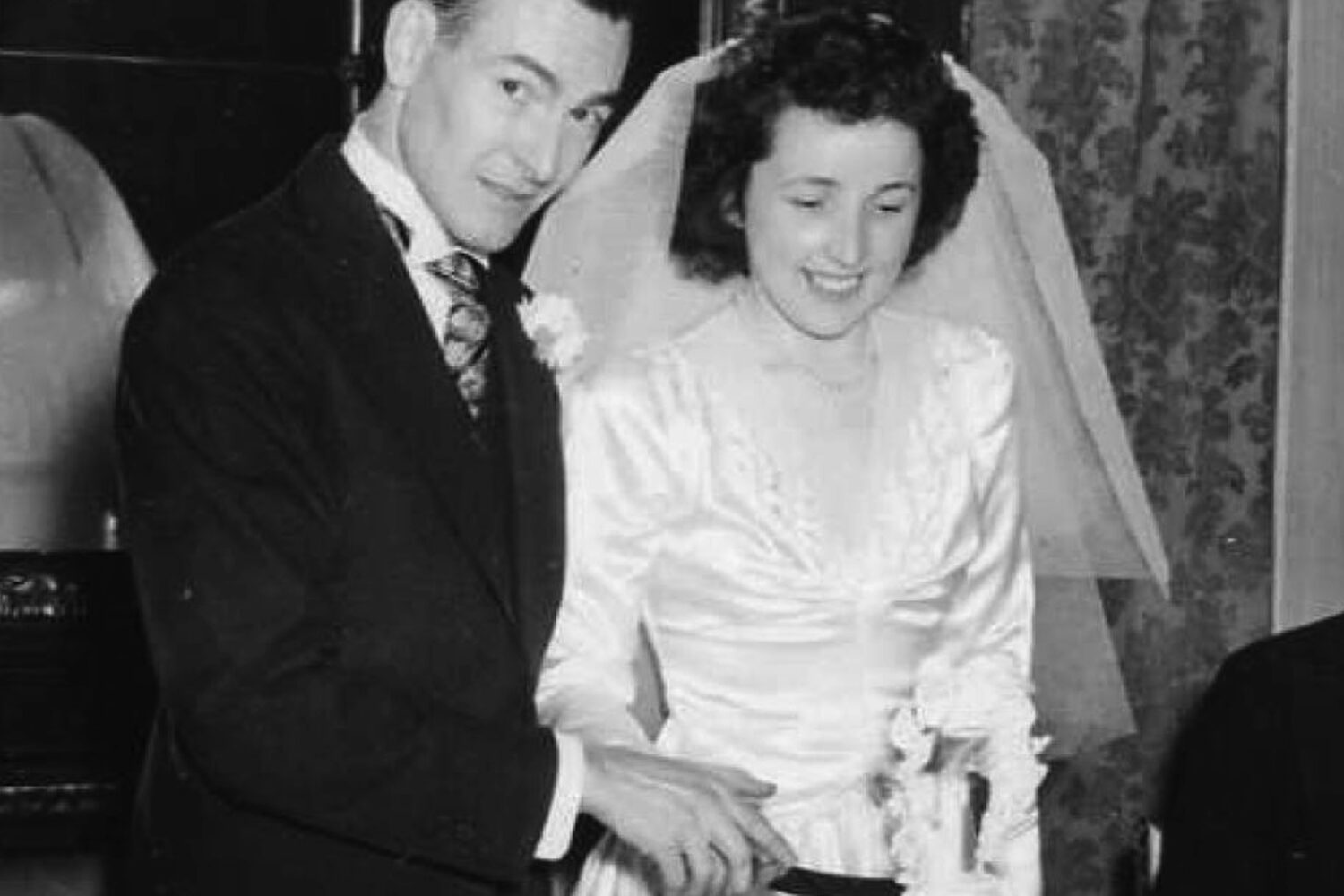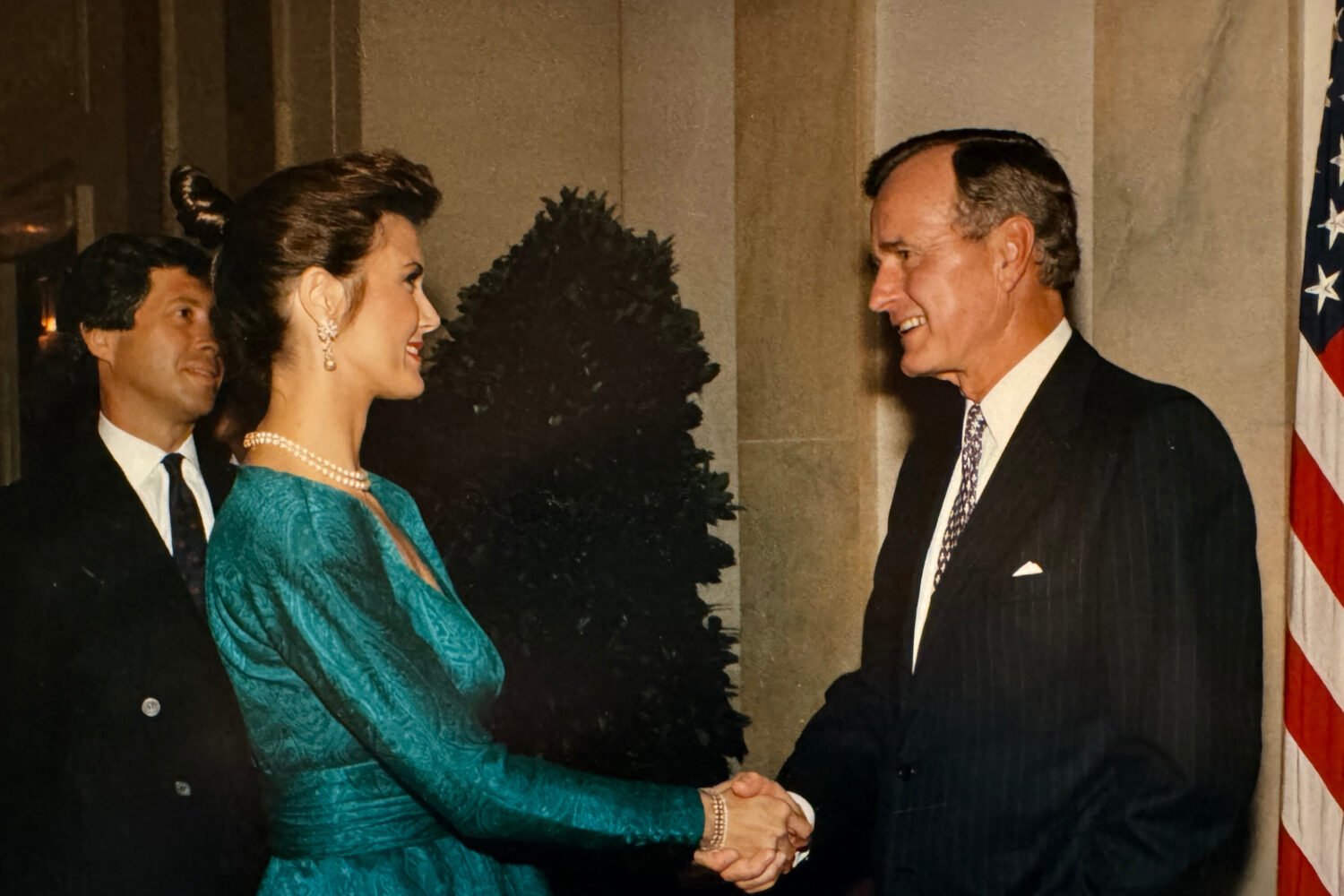When I saw Jack—our ever-smiling shortstop—put his glove over his face to hide the tears turning his pale freckled skin bright red, I decided it was time to do something a coach should never do.
For the third straight day, our team of 12-year-olds—the Koa Warriors of Bethesda—had traveled to Braddock Park in Clifton. We were playing in a Memorial Day weekend baseball tournament organized by Kyle’s Kamp, a nonprofit that raises money for pediatric cancer research and Children’s National Health System.
We’d made it to the semifinals, exceeding all expectations. On this Monday, we were among four teams remaining. The other three came from a league that normally played at a whole level above us, a level we’d never faced. We started the day relishing the challenge, and from the first pitch, the other team showed us exactly why they were a level above us.
Their hitters walloped the ball, driving it past our infielders and over our outfielders. They plated one run after another until the score was 15–2—and it was just the third inning. My players were collapsing, but it wasn’t until a routine ground ball, one that Jack always fielded, went under his glove and into left field that I realized the truth. From the dugout, I saw Jack’s face burst into tears before he could cover it. The positive player you want all your players to be, he couldn’t bear anyone to see him otherwise.
I called time and jogged to the pitcher’s mound, summoning the infielders. When Jack reached the mound, I hugged him. As the players huddled around me, I told them the game was over. Lost. Hope was gone.
There’s still time to do something awesome. Nothing can take that away from you. Not even losing.
“But,” I said, “we have to finish it. And even though we’re going to lose, that doesn’t mean you can’t make a diving play or hit a line drive. There’s still time to do something awesome. Nothing can take that away from you. Not even losing.”
On the next play, the batter smoked a line drive at Kevin, our second baseman, who leaped up, caught it, and stepped on second for an inning-ending double play. When our players ran off the field, I called the team together and reiterated what I’d told my infielders. Although we were going to lose, there was still time to do something amazing. “Like Kevin’s double play,” I said. “That was awesome!”
Kevin then led off our at-bat with a base hit, and the moment he reached first base, he started jumping up and down. Our players shook the chain-link fence and shrieked in their high-pitched voices. Then our next batter got a hit. And the next. And the next. As we rallied, the players grew louder, cheering for each of their teammates to make the most of the moment. Soon, the score was 15–7, prompting a parent to tell me, “We can win this!”
No, we couldn’t. In spite of our rally, the team we faced was that good. Two innings later, the game ended early by the mercy rule.
My team sprinted into the outfield for our postgame talk, several diving into the grass. A couple of them poured water on me as if we’d won the championship.
It was the kind of moment only kids can create. The kind that had random onlookers who’d stopped to watch approach me afterward and say, “When the game ended, I thought you guys had won.”
We’d lost by ten runs. But it was the most magical loss I’d ever witnessed.
This article appears in the June 2017 issue of Washingtonian.


















